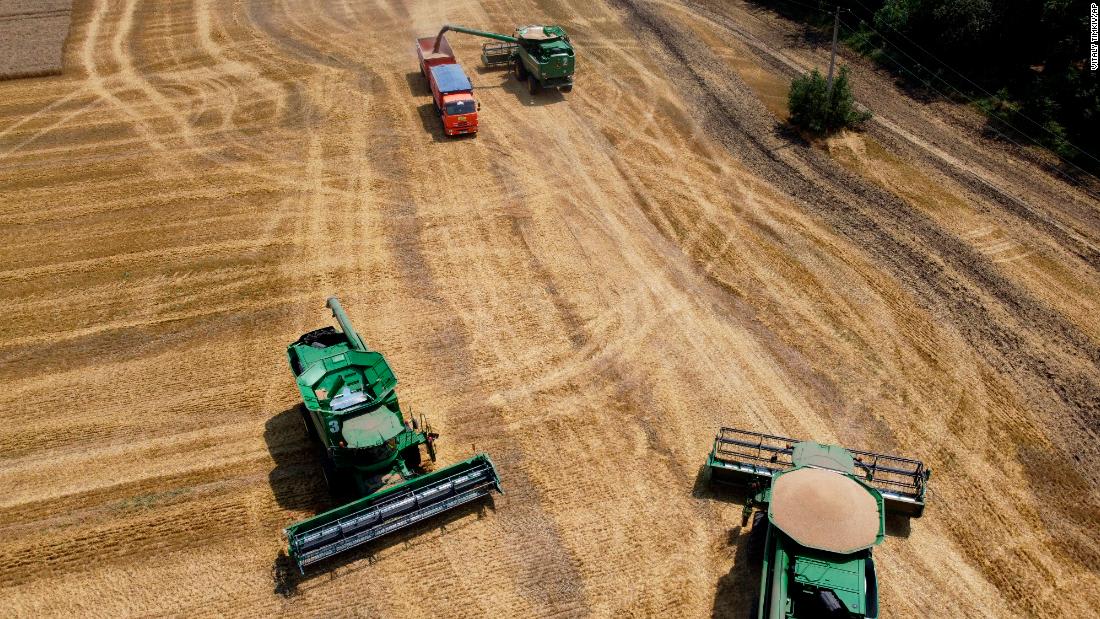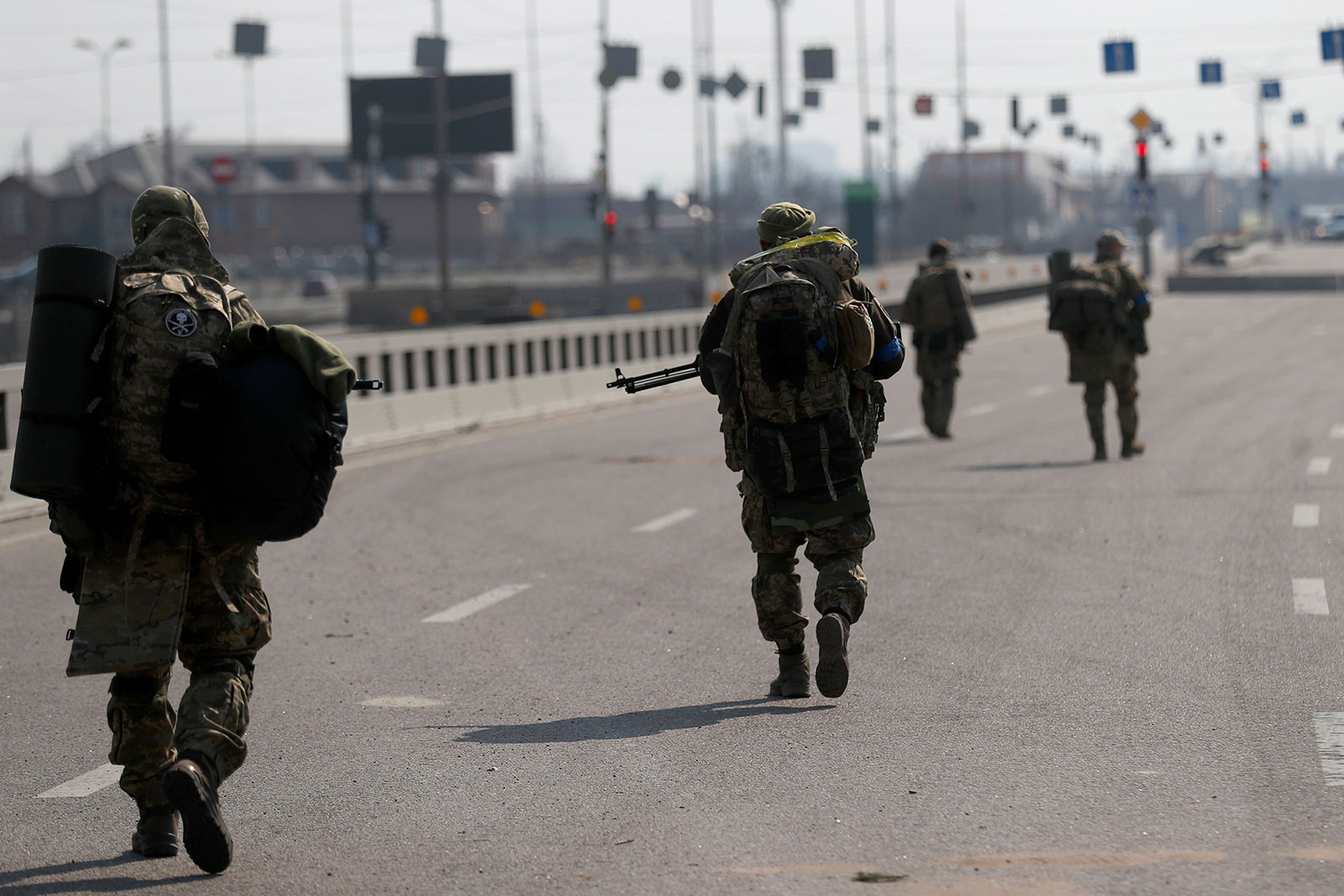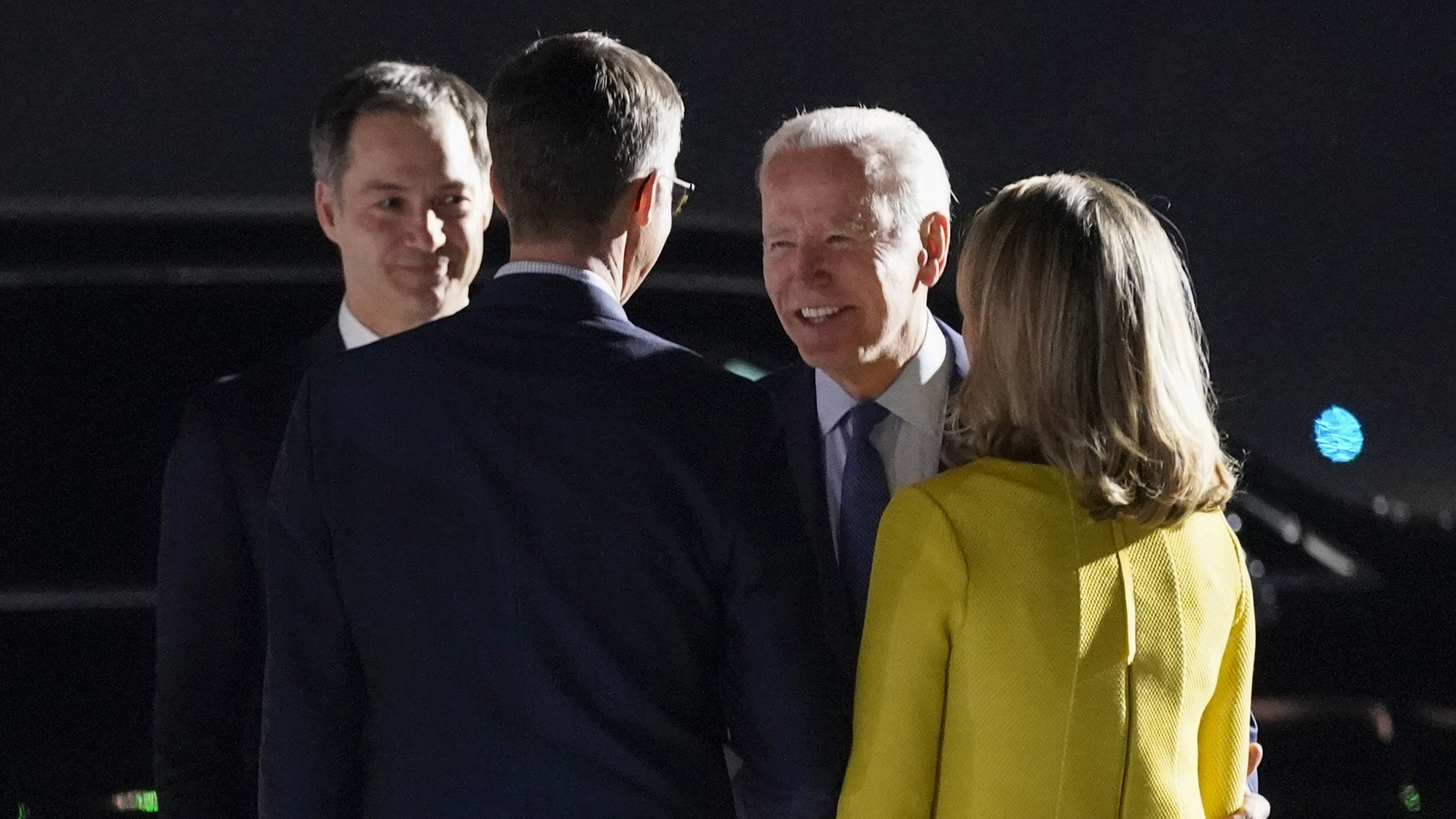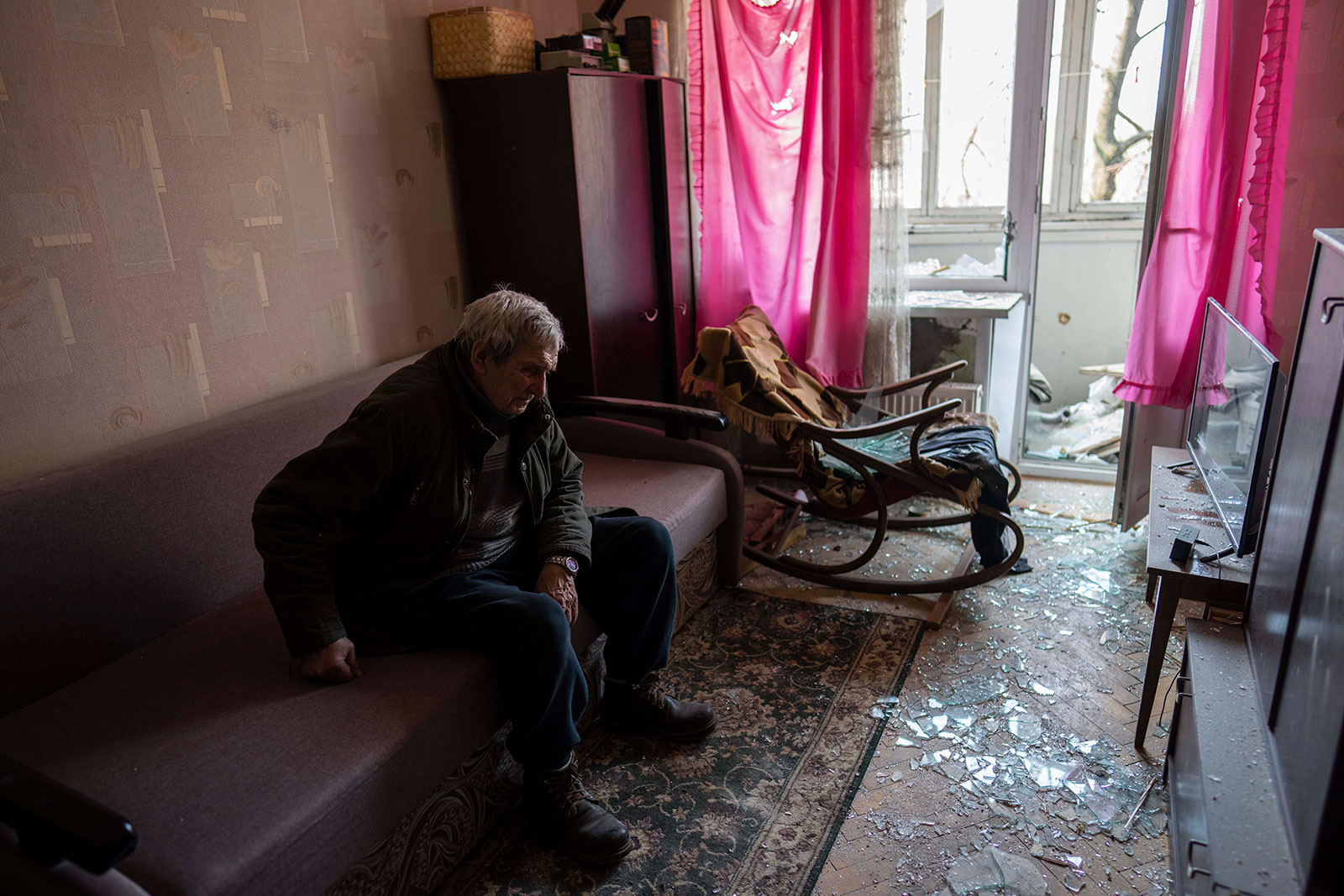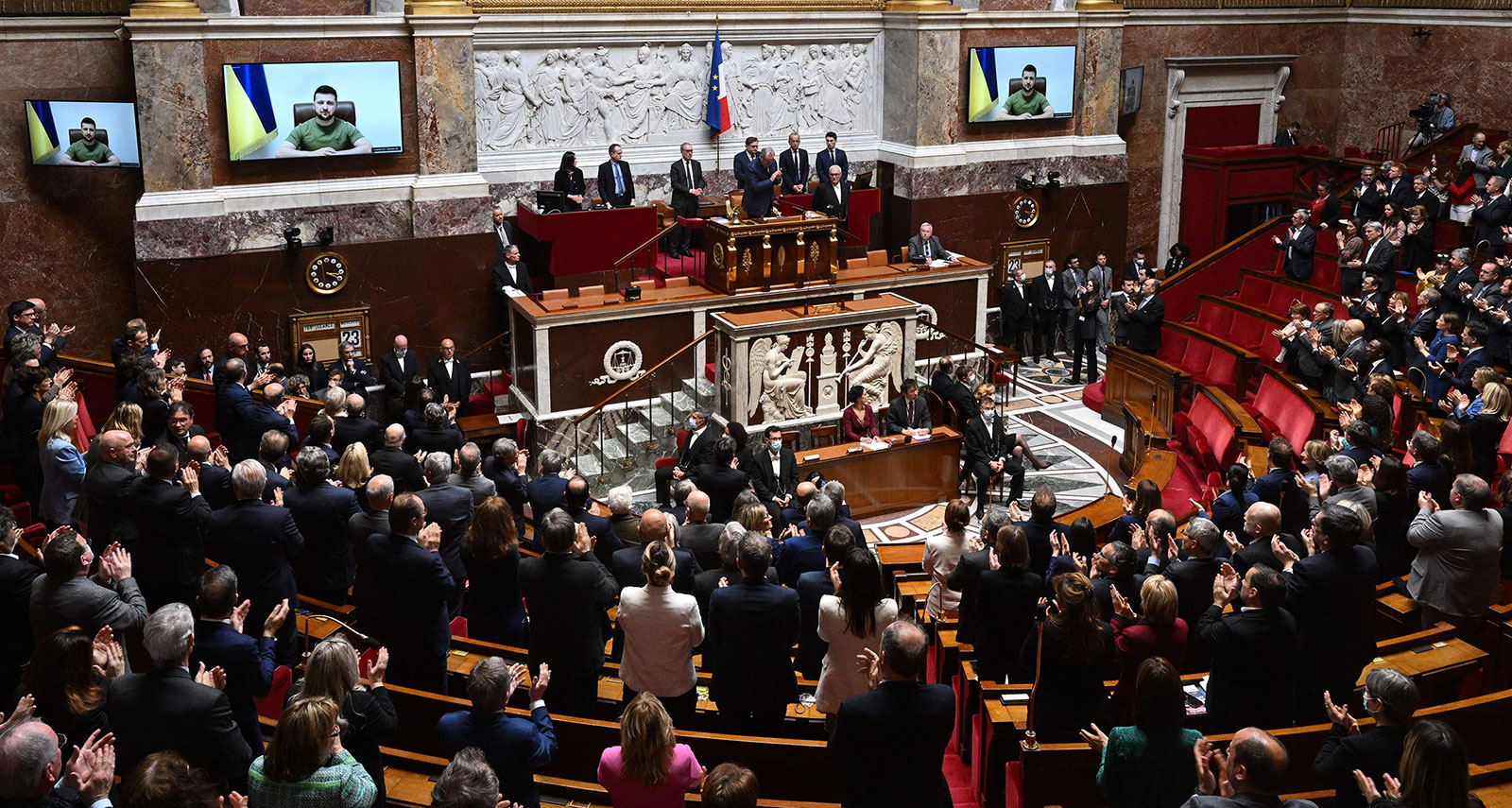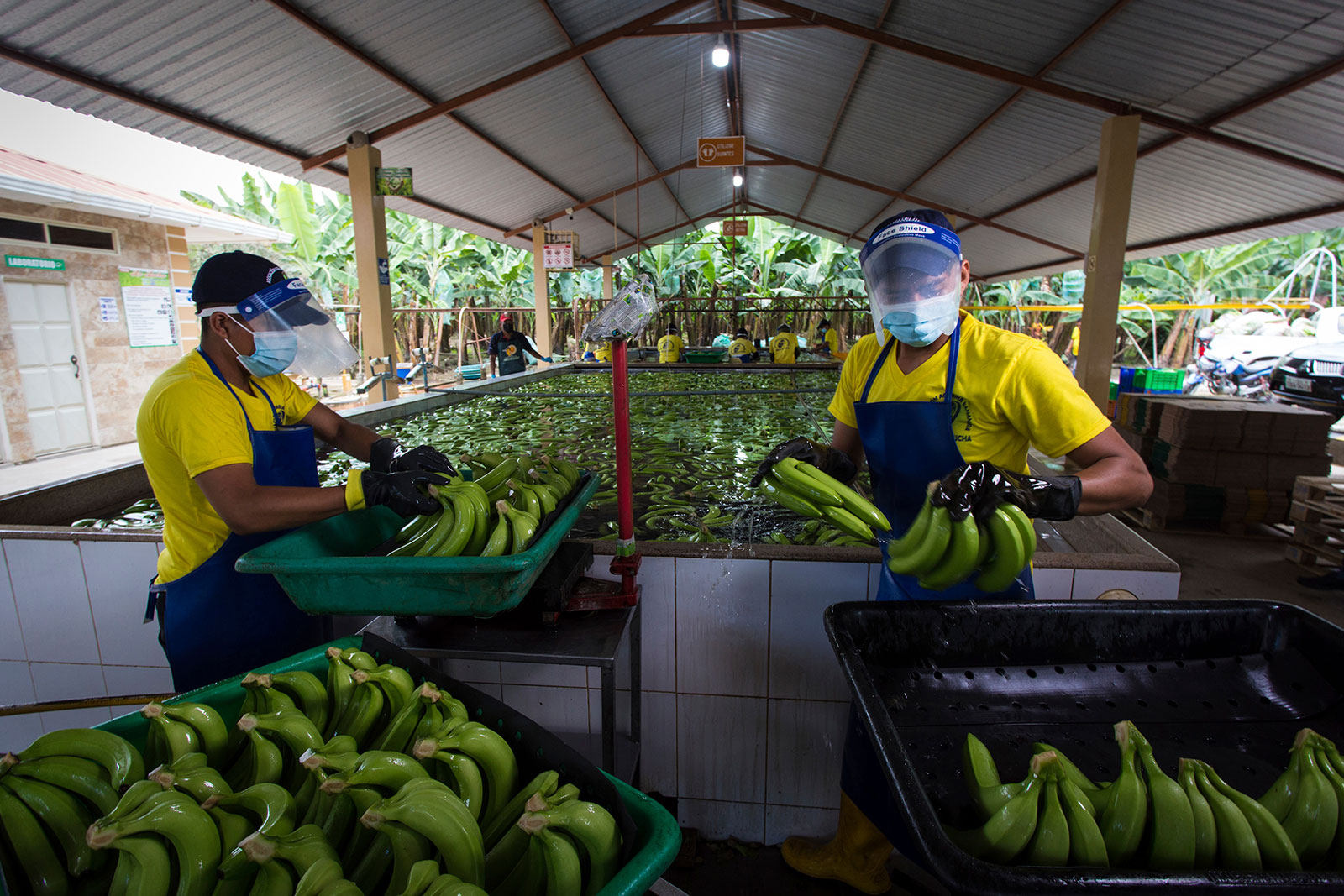
Some of South America’s biggest exporters are taking a hit as the impact of Russia’s war on Ukraine continues to disrupt trade from the region.
Now Ecuador, the world’s largest exporter of bananas, is facing billions of dollars in losses.
On March 18, a group of 13 national organizations involved in Ecuador’s banana trade published a joint statement warning that more than 20,000 tons of the fruit were not being exported every week as result of the conflict.
The country exports around 22% of its banana exports to Russia according to the group.
More than 95% of the bananas consumed in Russia come from Ecuador, generating $2 billion every year, according to Pulso Bananero, an independent banana consultancy in Ecuador.
It’s not just Ecuador’s trade with Russian that has been disrupted – Ukraine also accounts for 3% of Ecuador’s bananas exports.
While the country’s banana exporters have been able to divert some of their product to other markets, fruit that was not exported had to be thrown away, the statement warned. Also, because of their short shelf life, bananas are exported – and paid for – on a weekly basis. Industry experts say the long-term outlook for the industry is bleak.
“The social impact is already being felt because the trade cycle is very fast; if you don’t export this week, you don’t get paid this week,” said Raul Villacres, a former executive director of the Association of Banana Exporters of Ecuador.
Approximately a quarter of Ecuador’s banana workforce -- roughly 50,000 people – works on exports allocated for eastern European markets, including Russia, according to Villacres.
In Colombia, the flower industry is suffering. Producers there say they haven't been paid by Russian customers for past deliveries due to the SWIFT sanctions.
“We were lucky that most of the deliveries for the most important flower day of the year in Russia – Women’s Day, on March 8 – were dispatched before the conflict began, but now it’s the payment from Russia that are being delayed,” Augusto Solano, the president of the Colombia Association of Flower Producers ASOCOLFLORES, told CNN.
Flowers are more difficult to place on in alternative markets than bananas because they are produced specifically to accommodate specific customers' taste, Solano said.
Russian flower buyers, for example, prefer enormous, expensive roses that are purchased by luxury clientele, many of whom are likely to have been affected by US and European sanctions.
According to ASOCOLFLORES, flower exports to Russia from Colombia are worth around $25 million annually, accounting for about 2-3% of ASOCOLFLORES’ revenue.
“Because of the way the flower market works, we have producers who specialize in the Russian markets and on flowers destined for Russia,” Solano said. "For them, this is a tragedy, we are talking of 20-30% of their annual exports gone.”
South America’s meat trade has also been disrupted because of the war, with Brazil’s poultry exporters likely to soon feel the crunch. In 2021, Russia was the 10th largest customer of Brazilian chicken, purchasing more than 100,000 tons, and it has only recently opened its market to Brazilian pork. While it is too early to analyze data of the war's impact over the last month, the Brazilian Association of Animal Protein – representing producers and exporters of chicken and pork– said the conflict has already created a challenge due to the increased costs of maize from Ukraine, which is used as chicken and pork feed.
Read more about this here:



